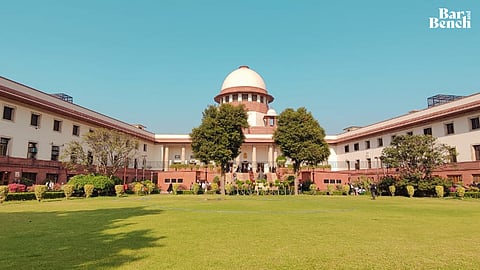The Supreme Court recently quashed a criminal case involving allegations of rape on the false promise of marriage after finding that continuation of criminal proceedings would entail a gross abuse of the legal process [Pradeep Kumar Kesarwani v. The State of Uttar Pradesh & Anr].

